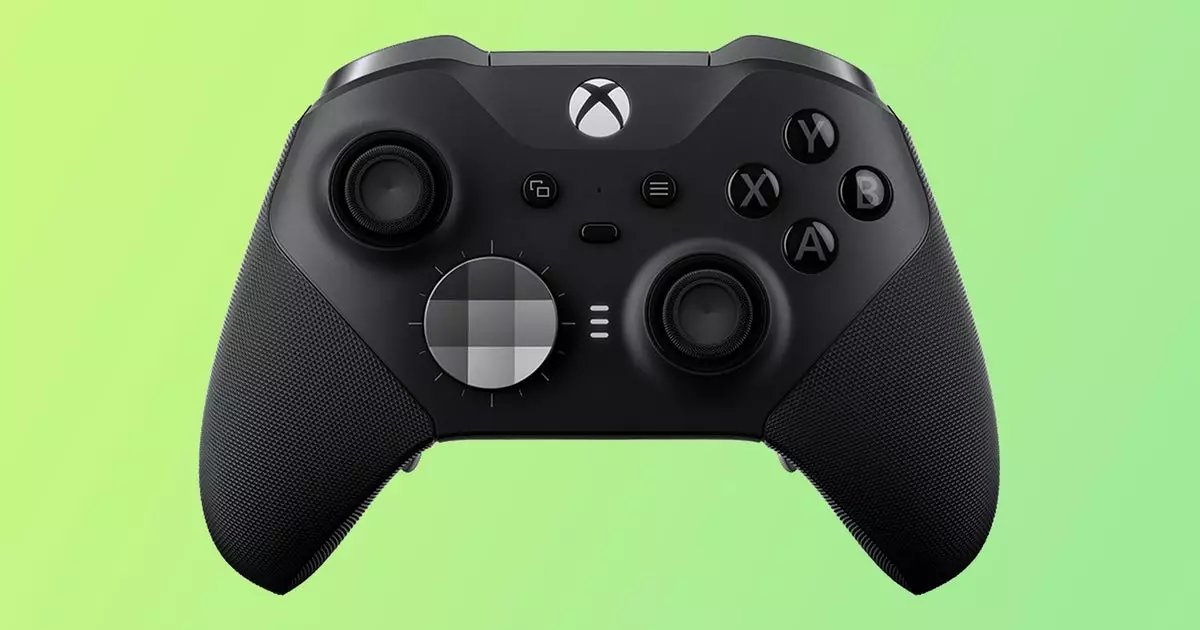In recent years, the Boycott, Divestment and Sanctions (BDS) movement has gained momentum across various industries, drawing attention to companies perceived as complicit in human rights violations. Activists are increasingly willing to leverage consumer power to voice their discontent. One of the latest targets of BDS’s ire is Microsoft, particularly in light of severe allegations concerning the tech giant’s relationship with the Israeli military. This has sparked a considerable outcry within the gaming community, especially following accusations that Microsoft’s technologies have been used to facilitate military operations during times of conflict.
As the anti-occupation movement grows, calls like those initiated by BDS are not merely symbolic; they seek tangible action from consumers and gamers alike. The directive is clear: cancel your Game Pass subscriptions, abandon popular titles like Minecraft and Call of Duty, and steer clear of all Microsoft-branded gaming products in protest of the company’s purported business dealings with the Israeli defense establishment. Such a call is both a radicalization of consumer behavior and an expression of political solidarity with the Palestinian people.
Backstory of Allegations
The controversy took a more serious turn in January 2025, following fierce military engagements that have led to widespread devastation in Gaza. A coalition of journalists, including representatives from the Guardian and the Israeli-Palestinian publication +972 Magazine, reported that Microsoft has reportedly strengthened its ties with Israel’s defense sector during this tumultuous period. They asserted that the company’s Azure cloud computing services have been implicated in oppressive actions against the Palestinian population.
Citing specific examples, the investigation revealed that Microsoft’s technology allegedly plays a role in maintaining databases that track the movement of Palestinians in the Gaza Strip and West Bank. While Microsoft has historically provided technology for administrative use, there are grave concerns that their services might extend into more chilling functions, directly linked to combat and intelligence operations—a consideration that cannot be ignored given the gravity of the current humanitarian crisis.
The Weight of Corporate Ethics in Gaming
Owning a game console or subscribing to a service like Game Pass is often an innocuous leisure choice for most of its users. However, the reality of modern corporate interconnections complicates this landscape. Microsoft’s high-profile products are not merely entertainment; they signify a major player in the global economy, reliant on extensive supply chains and consumer bases. When such corporations align themselves with militaristic agendas, it raises significant ethical questions.
Activists argue that by supporting Microsoft’s gaming initiatives, consumers are indirectly endorsing the alleged use of technology in war crimes. The situation is dire, and the stakes are high. Gamers who wish to remain indifferent find themselves grappling with an uncomfortable reality—spending money in a way that might enable violence against innocent populations. In essence, this isn’t just about a single company; it’s about accountability in a world where technology and militarism increasingly intertwine.
The Role of Former Employees in Shaping Public Discourse
Adding complexity to this narrative are the stories of former Microsoft employees like Abdo Mohamed and Hossam Nasr, who have been vital in amplifying the BDS movement’s calls for a boycott. Their termination from Microsoft after organizing a vigil for victims of the Gaza bombings highlights the price activists often pay. Their sacrifices bring a human face to the abstract concerns of corporate complicity in human rights abuses.
The history of responses from tech giants to public outcry has varied. In a previous instance, Microsoft divested from a facial recognition company implicated in rights abuses. This underlines both the power and necessity of public pressure when addressing ethical concerns surrounding corporate governance. As campaigns grow louder, companies are faced with the difficult task of responding adequately or risk losing consumer support.
Creators, Gamers, and Activism
For many gamers, the narrative surrounding their favorite titles is inseparable from the values they hold dear. Activist gamers are increasingly devoted to promoting causes they believe in, merging entertainment with earnest advocacy. Efforts like BDS’s urgent call to boycott Microsoft have sparked debates within gaming circles about ethical consumerism. Can a gamer be an ethical consumer? Or is it too late to separate one’s leisure from broader socio-political implications?
Microsoft stands at a crossroads, with glowing screens illuminating the ways in which they can pivot from the shadows of controversy toward a more enlightened corporate responsibility. Yet this moment also belongs to the consumers, who are empowered to wield their financial clout as a form of protest. As the world watches, the intersection of gaming, technology, and activism illustrates how the choices made in virtual realms are fundamentally tied to real-world consequences.

